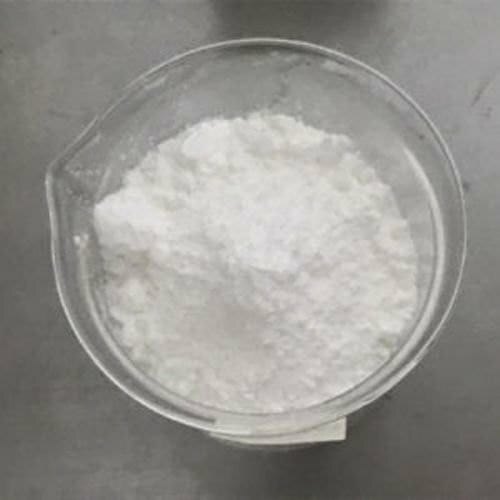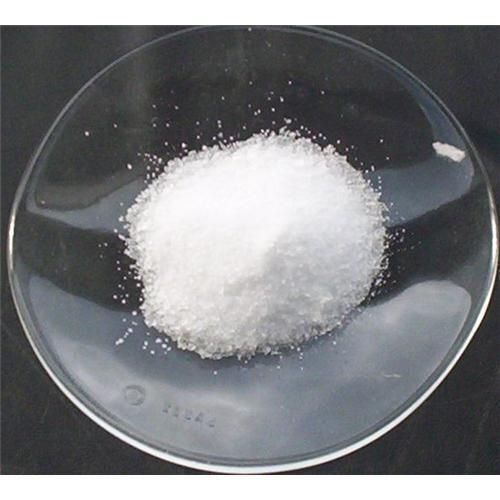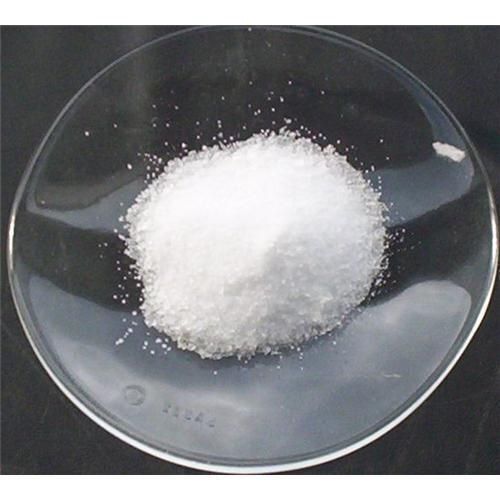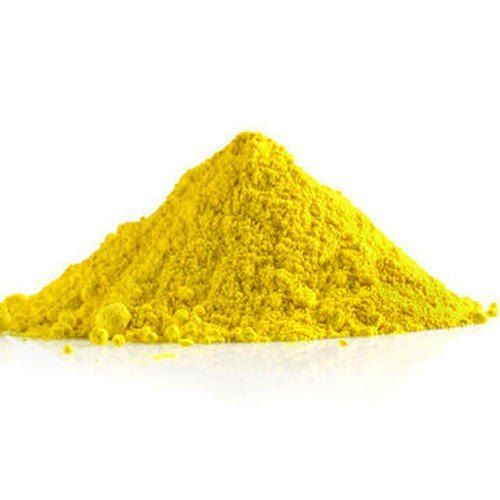
Memantin HCl
Product Details:
- Storage Other
- Molecular Formula C12H21N.HCl
- Shelf Life 5 Years
- Medicine Name Memantin HCl
- CAS No 41100-52-1
- Type Pharmaceutical Intermediates
- Grade Medicine Grade
- Click to View more
Memantin HCl Price And Quantity
- 5000.00 - 50000.00 INR/Kilograms
- 25 Kilograms
Memantin HCl Product Specifications
- 99
- Medicine Grade
- Powder
- Central Nervous System Agent
- Other
- C12H21N.HCl
- 5 Years
- 41100-52-1
- Memantin HCl
- White powder
- Pharmaceutical Intermediates
Memantin HCl Trade Information
- MUMBAI
- Western Union, Paypal, Cash Advance (CA), Cash in Advance (CID)
- 500 Kilograms Per Week
- 15 Days
- 25kg/drum with double plastic bags inside; packed in a cardboard drum or fiber HDPE drum.
- Australia, Central America, South America, Western Europe, Middle East, Eastern Europe, Asia, North America, Africa
- All India
Product Description
A dysfunction of glutamatergic neurotransmission, manifested as neuronal excitotoxicity, is hypothesized to be involved in the etiology of Alzheimer's disease. Targeting the glutamatergic system, specifically NMDA receptors, offers a novel approach to treatment in view of the limited efficacy of existing drugs targeting the cholinergic system.
Memantine is a low-affinity voltage-dependent uncompetitive antagonist at glutamatergic NMDA receptors. By binding to the NMDA receptor with a higher affinity than Mg2+ ions, memantine is able to inhibit the prolonged influx of Ca2+ ions which forms the basis of neuronal excitotoxicity. The low affinity and rapid off-rate kinetics of memantine at the level of the NMDA receptor-channel, however, preserves the physiological function of the receptor as it can still be activated by the relatively high concentrations of glutamate released following depolarization of the presynaptic neuron.

Price:
- 50
- 100
- 200
- 250
- 500
- 1000+







